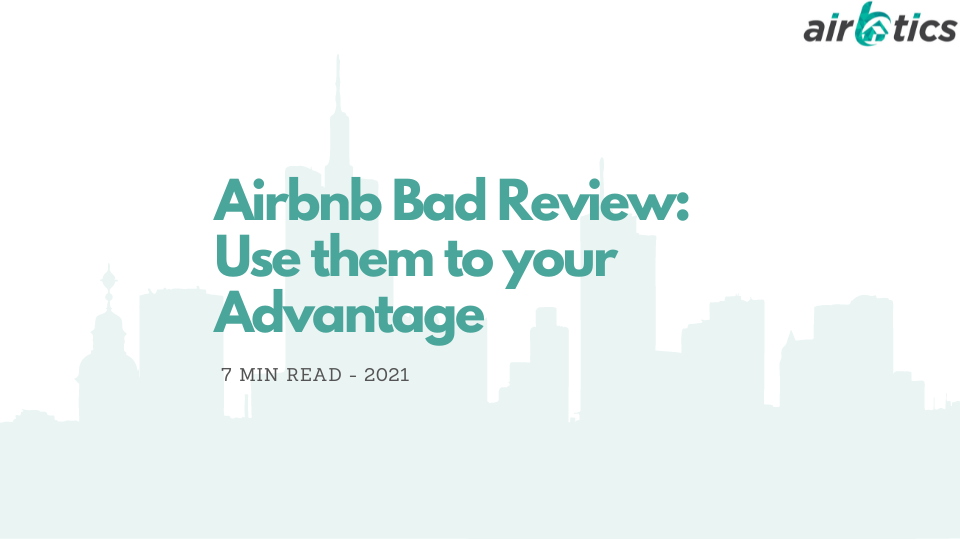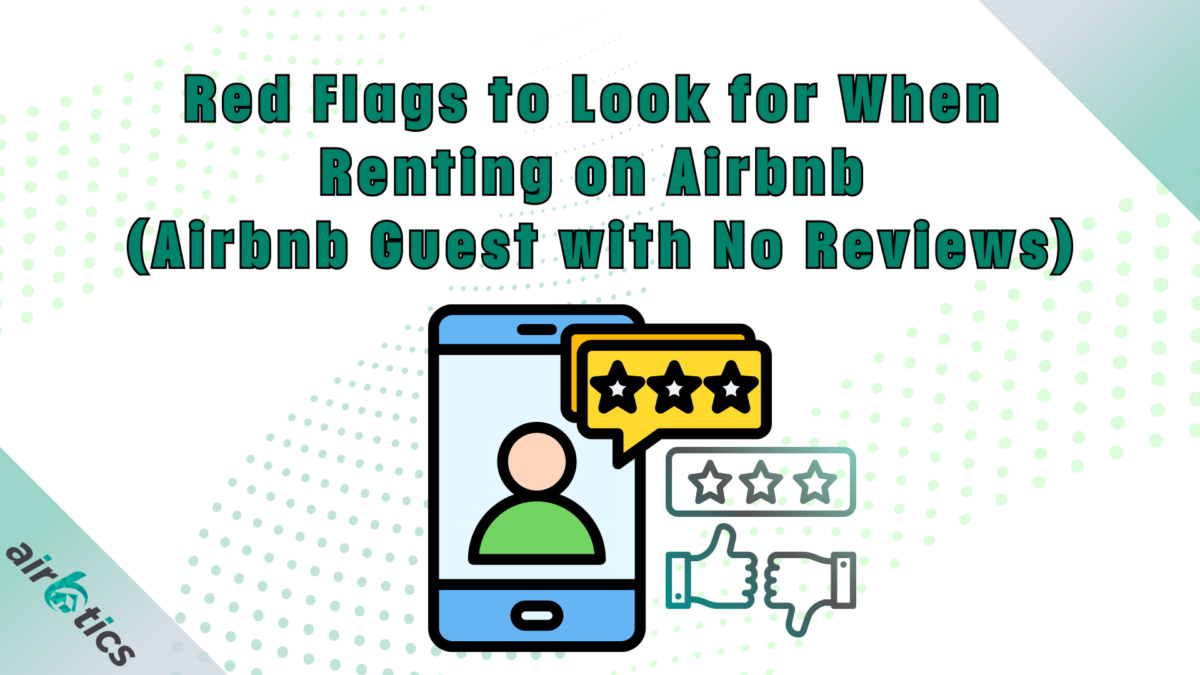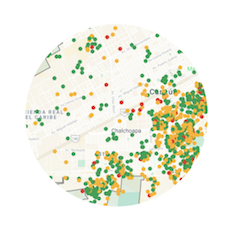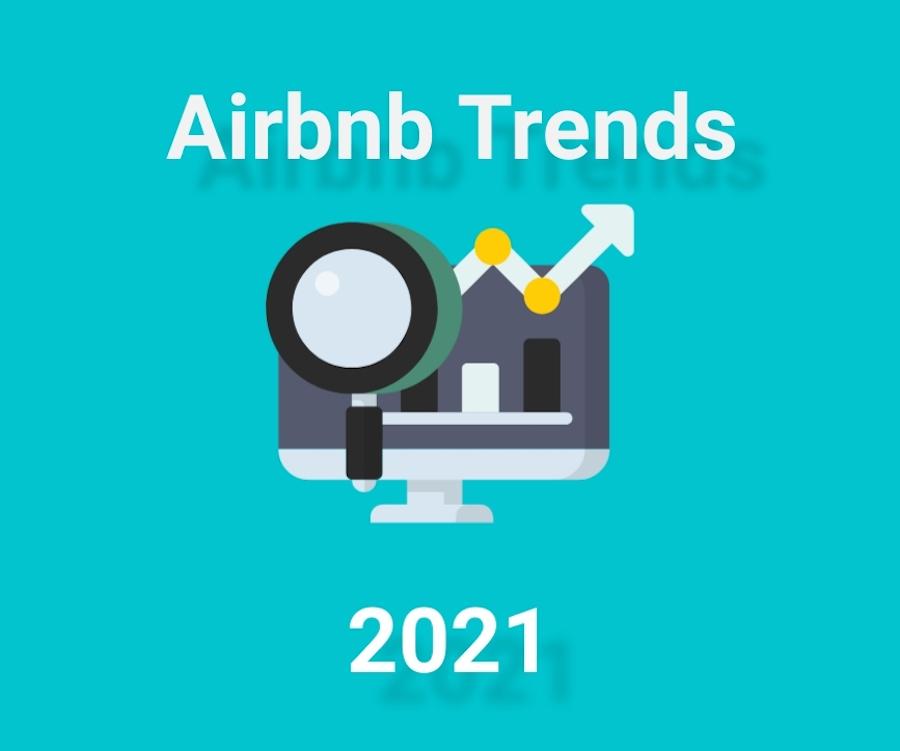There is nothing more demoralizing than receiving a bad review on Airbnb, especially when you go above and beyond to take care of your guests and host them to the best of your abilities but they still leave a negative or unsatisfactory review. Getting a lot of bad reviews can negatively impact your future bookings […]










